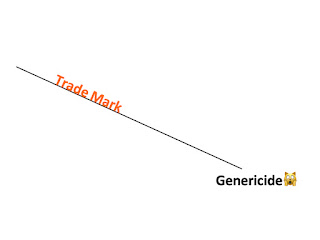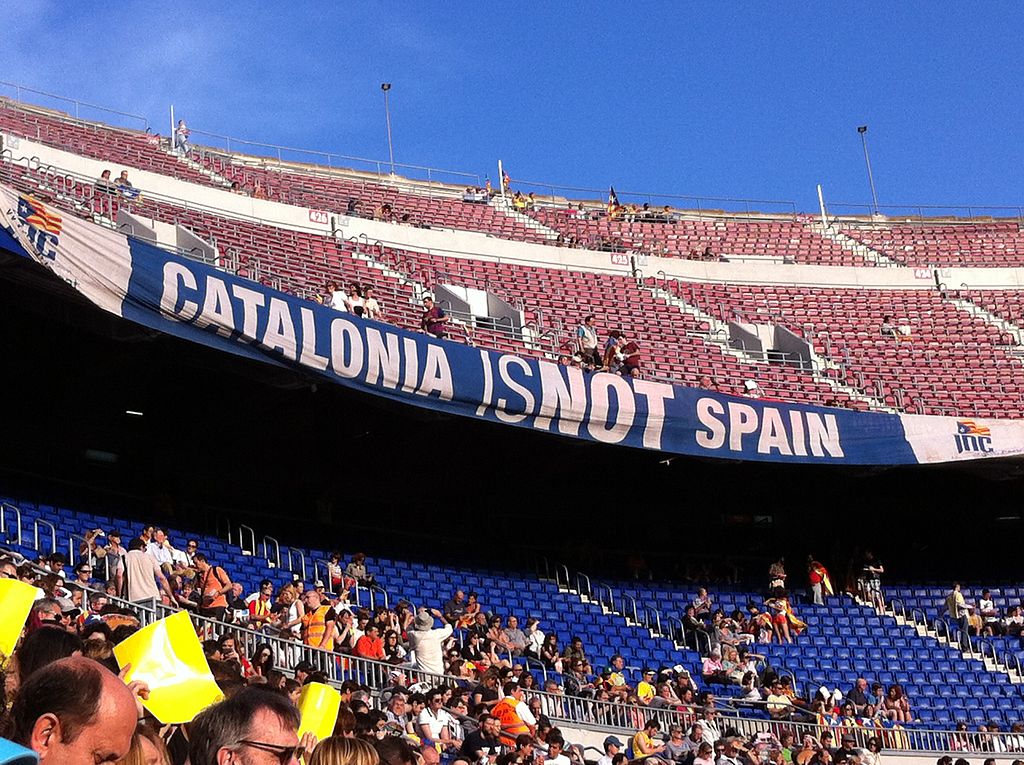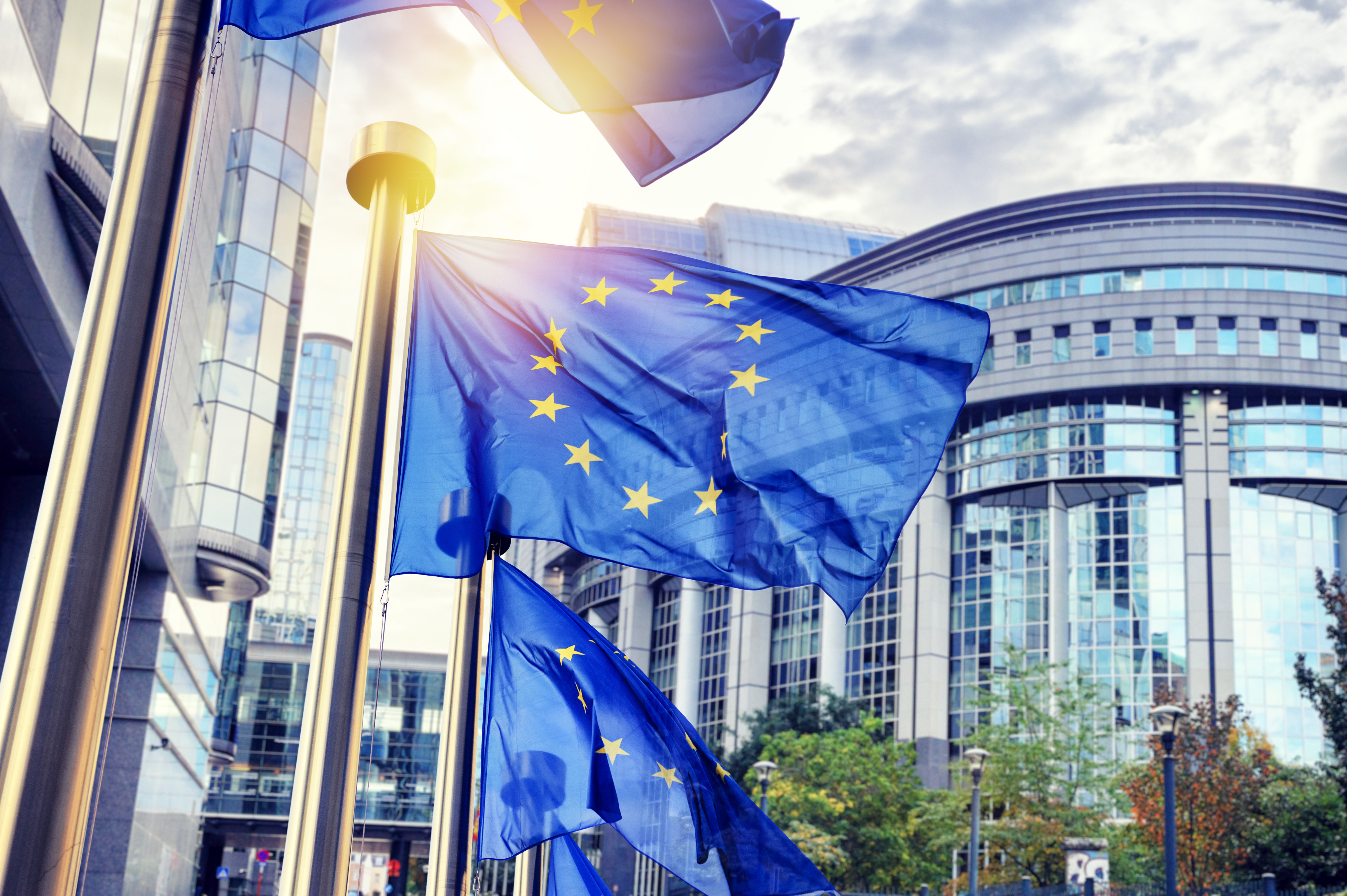Latest blog articles
-
On 14 and 15 November 2022, UM’s Faculty of Law held the “Logic of International Law Conference.” Henrique Marcos (UM & São Paulo Univ.) and Antonia Waltermann (UM) organised the conference under the auspices of the Globalization and Law Network (GLaw-Net) and the International Law Discussion Group...
-
What does the term ‘MOCCA’ evoke in your mind, a kind of coffee or a specific brand? This Kat randomly asked this question to her friends currently at the Max Planck Institute for Innovation and Competition Munich. Most of them regarded ‘MOCCA’ as a kind of coffee instead of a specific brand except...
-
Nobuki Yamamoto, a Japanese contemporary artist, made an eye-catching work of ‘goldfish swimming in a phone booth’ (‘Work 1’) by December 2000 at the latest. In October 2011, a student organisation called ‘Goldfish Club’ at Kyoto University of Art and Design produced Work 2 and exhibited it for a...
-
Sovereignty is invoked in many discussions today, from Brexit to Catalan independence, but it is rarely clear what, exactly, those who invoke sovereignty mean by it. For the purposes of understanding, analyzing, and understanding legal phenomena, however, a more precise understanding is necessary.
-
Recently, Chanel Co., Ltd. lost a trade mark infringement case regarding its ‘Double C’ logo in China. The full text of the decision can be visited via here (Google translatable). The case has drawn wide attention and, mostly, negative comments. Does this seemingly-counterintuitive loss indeed, well...
-
What does sovereignty mean in today’s world, given trends of globalisation, Europeanisation and also polarisation?
-
The wishes of the Spanish government and those of the Catalan people are diametrically opposed: 90% of voters in the referendum were for independence - but keep in mind also that only about half of the Catalan people voted.
-
Do the people still have power? Some might feel forgotten and turn to populism promising to give the country back to them. But popular sovereignty is not dead.
-
The day after the “Brexit”-referendum, with a majority of 51.9% voting to leave the European Union, some speak of the success of democracy (“the people have spoken”). Already, there are calls for referenda in other countries to let the people speak there, too. This suggests that independently of our...








